
Breastfeeding is one of the most effective ways to ensure a child’s health and survival. It provides essential nutrients, strengthens the immune system, and fosters a deep emotional bond between mother and child. In Nepal, where neonatal health challenges are significant, promoting and supporting breastfeeding can be a transformative and cost-effective strategy to improve health outcomes. Despite its benefits, many mothers in Nepal face barriers to successful breastfeeding, including the lack of support, education, and resources. Addressing these barriers and closing the gap in breastfeeding support is crucial for enhancing the health and well-being of mothers and their infants.
Nepal faces high neonatal mortality rates, with approximately 21 deaths per 1,000 live births. Major direct causes of neonatal mortality include preterm birth complications, infections, and birth asphyxia, while low birth weight is the leading indirect cause of neonatal mortality. Breastfeeding practices play a key role in neonatal health, as breast-fed infants have a significantly lower risk of mortality compared to non-breast-fed infants. Human milk is particularly vital for small and sick newborns, as it provides essential nutrients and immune protection needed for their survival and development.
Moderate exercise during breastfeeding can increase a compound in breast milk that reduces a baby's lifelong risks of serious health issues such as diabetes, obesity, and heart disease, further enhancing its nutritional value.
Breast milk contains the perfect balance of proteins, fats, carbohydrates, vitamins, and minerals necessary for healthy growth and development of a child. Colostrum, the first milk produced after birth, is rich in antibodies and acts as the baby's first vaccine, protecting them from infections. Breast milk is packed with antibodies, especially Immunoglobulin A (IgA), which coats the lining of the baby’s immature intestines, preventing the passage of germs into the bloodstream. It also contains white blood cells, lysozymes, and lactoferrin, all of which play a role in fighting infections and diseases. Breastfed infants have a lower risk of developing respiratory infections, ear infections, gastrointestinal infections, and other illnesses. Moderate exercise during breastfeeding can increase a compound in breast milk that reduces a baby's lifelong risks of serious health issues such as diabetes, obesity, and heart disease, further enhancing its nutritional value. Studies have shown that exclusive breastfeeding for the first six months can reduce the incidence of pneumonia, diarrhea, and other common childhood illnesses.
Breastfeeding enhances the emotional bond between mother and child. Physical closeness, skin-to-skin contact, and eye contact during breastfeeding help foster a secure attachment, which is crucial for the child’s emotional and psychological development. Breastfeeding is also a cost-effective to improve child health, lowering the risk of many short- and long-term health problems. The savings on healthcare costs, combined with the reduced need for formula, make breastfeeding a financially sensible choice for families and healthcare systems.
In Nepal, the decline in breastfeeding rates is a growing concern, driven by multiple factors. There is a pervasive lack of awareness about the importance and benefits of breastfeeding for both children and mothers. This is compounded by widespread myths and misconceptions, such as the belief that formula milk is better and more nutritious than breast milk. These false beliefs, often fueled by aggressive marketing by formula companies, lead many mothers to choose formula milk over breastfeeding.
Formula feeding poses several risks and complications. Infants fed with formula lack the antibodies present in breast milk, making them more susceptible to infections that can lead to sepsis.
Another reason for reliance on formula milk is the lack of access to a mother's own milk. Every year, thousands of newborns are admitted to neonatal intensive care unit (NICU) and special newborn care unit (SNCUs) in Nepal, highlighting the significant need for specialized care and feeding support for small and sick infants. Many mothers are unable to produce milk and many newborns are too weak to suckle breast milk or are on critical care support such as BiPAP, ventilators, or oxygen, making direct breastfeeding difficult. Additionally, mothers often do not receive adequate support or have access to enabling environments for expressing milk, when direct breastfeeding is not possible. Formula feeding poses several risks and complications. Infants fed with formula lack the antibodies present in breast milk, making them more susceptible to infections that can lead to sepsis. For example, a life-threatening condition that predominantly affects premature infants, necrotizing enterocolitis (NEC) involves inflammation and bacterial invasion of the intestine, which can be fatal. Formula-fed infants are more prone to acute infections such as otitis media (ear infections) and gastrointestinal infections. The lack of immune protection in formula milk increases the risk of respiratory infections like pneumonia. Additionally, long-term health complications are also linked to formula milk which include higher risks of obesity, diabetes, and other chronic conditions.
To prevent these complications, comprehensive lactation management centers (CLMC), commonly known as human milk banks, have proven to be a vital resource across the globe. A human milk bank is a service that collects donor human milk, screens, pasteurizes, and dispenses milk to meet the specific medical needs of infants, especially those who are premature, low birth weight, or have other underlying medical conditions. A CLMC offers the same essential services as a human milk bank but also provides additional support specifically for mothers. CLMCs support mothers by offering personalized lactation support, health education/counselling, and access to necessary resources for successful breastfeeding. The centers also promote kangaroo care, which involves skin-to-skin contact between the mother and infant, fostering bonding and improving the infant's physiological stability. One aim of the centers is to encourage family participatory care, i.e. engaging family members in the caregiving process to enhance the overall well-being of both the mother and the newborn.
Nepal’s first CLMC at Paropakar Maternity and Women's Hospital was established in August 2022 and has been instrumental in supporting mothers as well as infants. The milk bank has helped reduce neonatal mortality and improved outcomes for newborns. Since its establishment, 867.75 liters of human milk has been donated, and 2,265 babies have directly benefitted from the milk bank, many of whom were at high risk for neonatal complications and mortality. The government of Nepal is closely working with PATH and UNICEF to establish more Comprehensive Lactation Management Centers and Lactation Management Units across the country, In this initiative, Bagmati Welfare Society Nepal is an implementing partner of PATH. These efforts aim to expand access to safe donor milk and lactation support, ensuring that more infants can receive the life-saving benefits of human milk.
Human milk is undeniably crucial for maternal and child health, particularly in countries like Nepal, where healthcare resources are limited, and health challenges are significant. This year, the WHO's theme for World Breastfeeding Week 2024 is "Closing the Gap: Breastfeeding Support for All," celebrating the diversity of breastfeeding mothers and highlighting the importance of providing multi-level support. This includes supportive policies, a breastfeeding-friendly healthcare system, respect for women's autonomy, and community solidarity. Policymakers, healthcare providers, and communities must work together to promote and support breastfeeding, as well as implement more human milk banks going forward. By doing so, we can build a healthier future for mothers and children in Nepal, making breastfeeding the game changer and cost-effective strategy it truly is. All stakeholders must come together to ensure access to human milk feeding for all babies. This collaborative effort will help to create a supportive environment for breastfeeding mothers to ensure that every infant has the best possible start in life.
Author: Lila Bikram Thapa, Chief Nutrition Section, Family Welfare Division
Co-Author: Kavya Upadhyay , Senior Program Associate, PATH



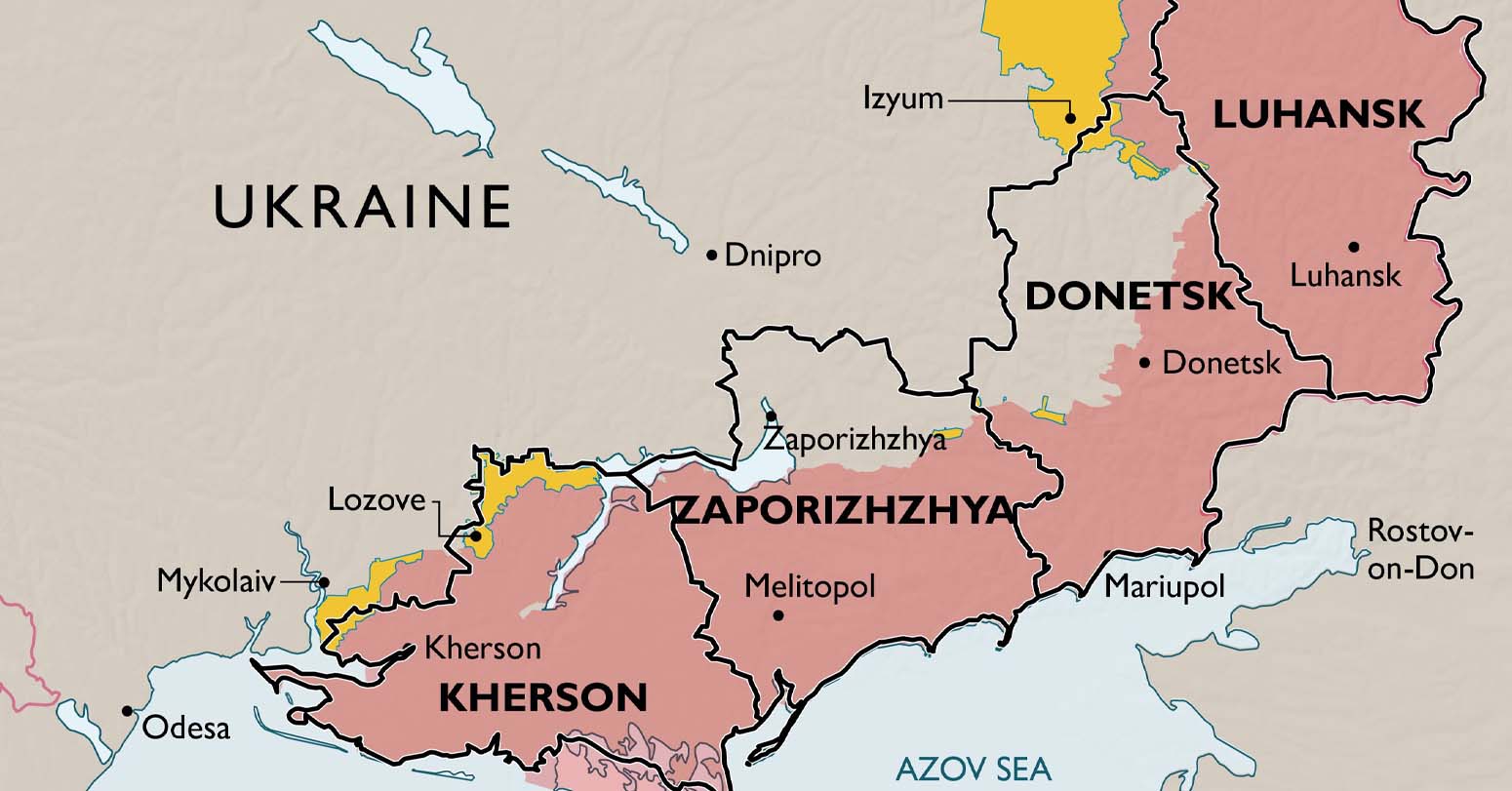

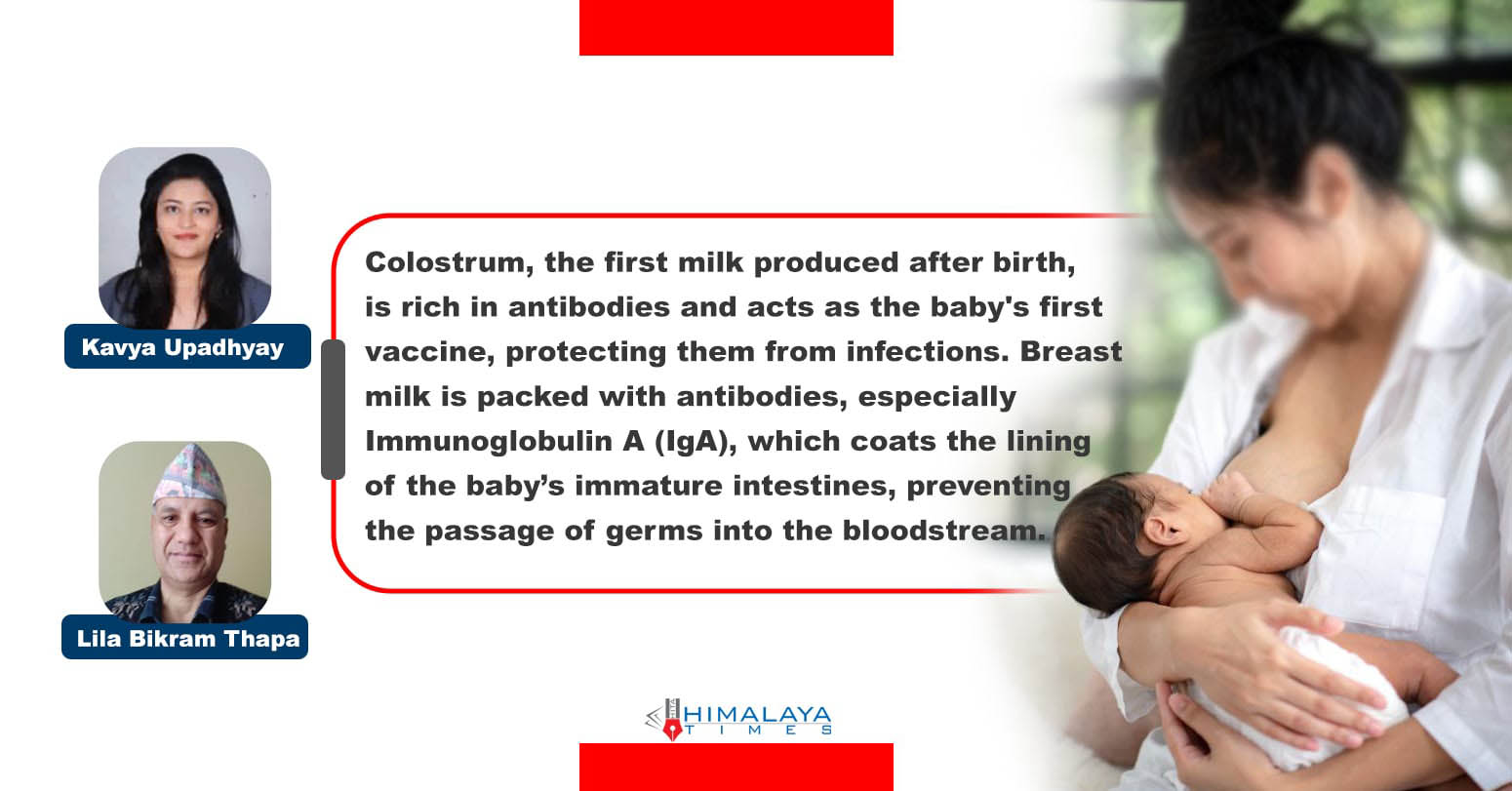


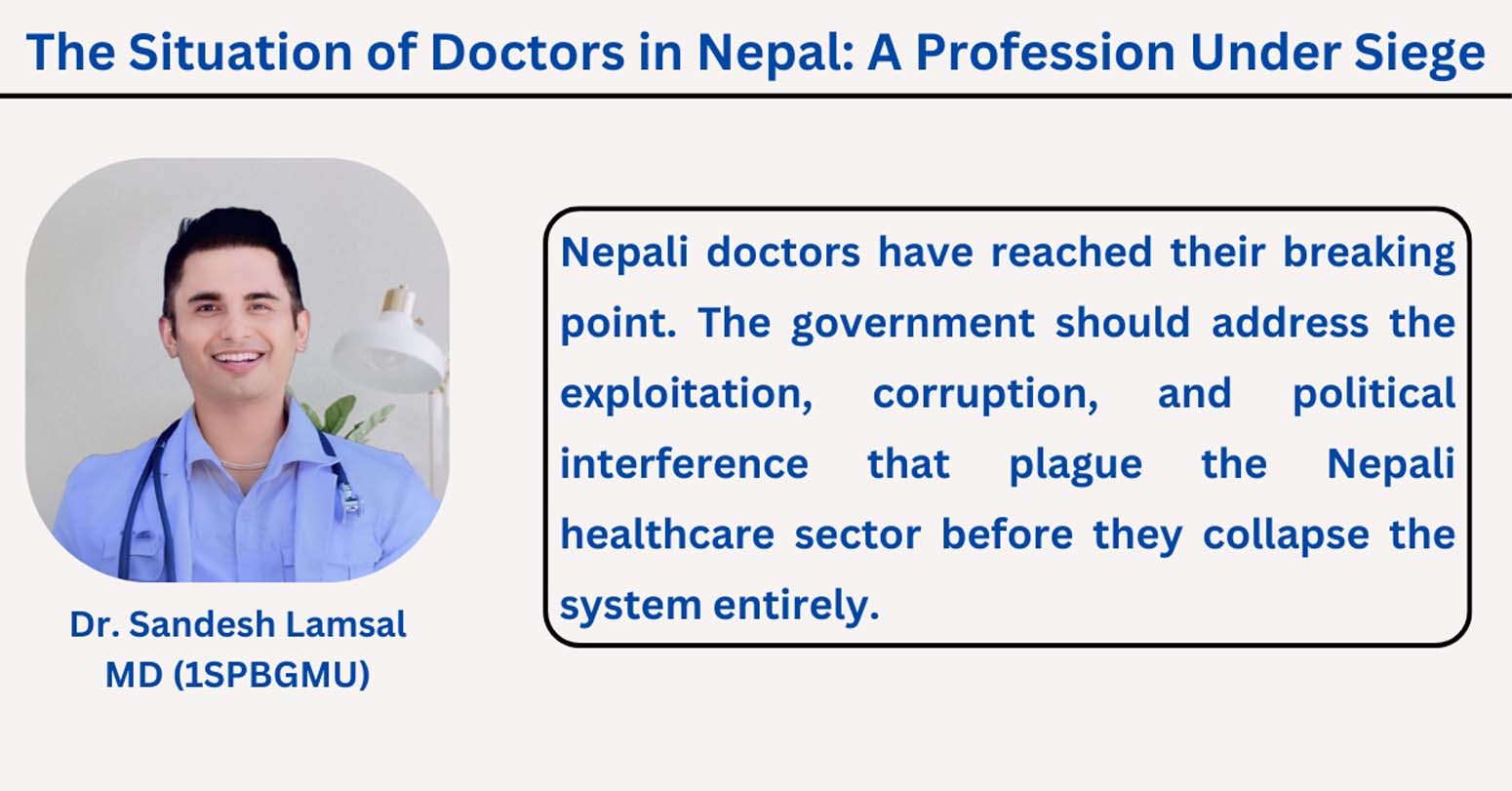






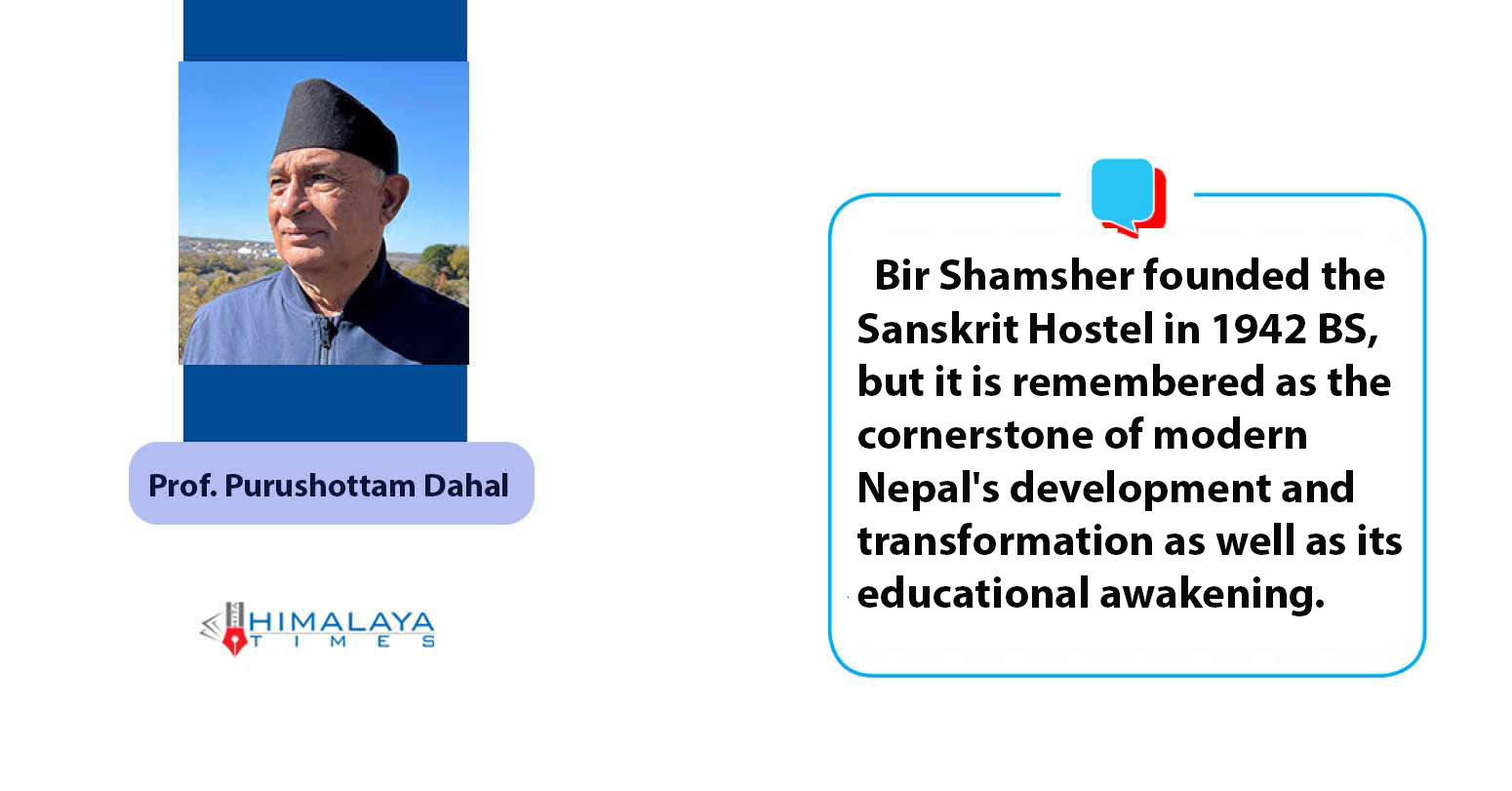
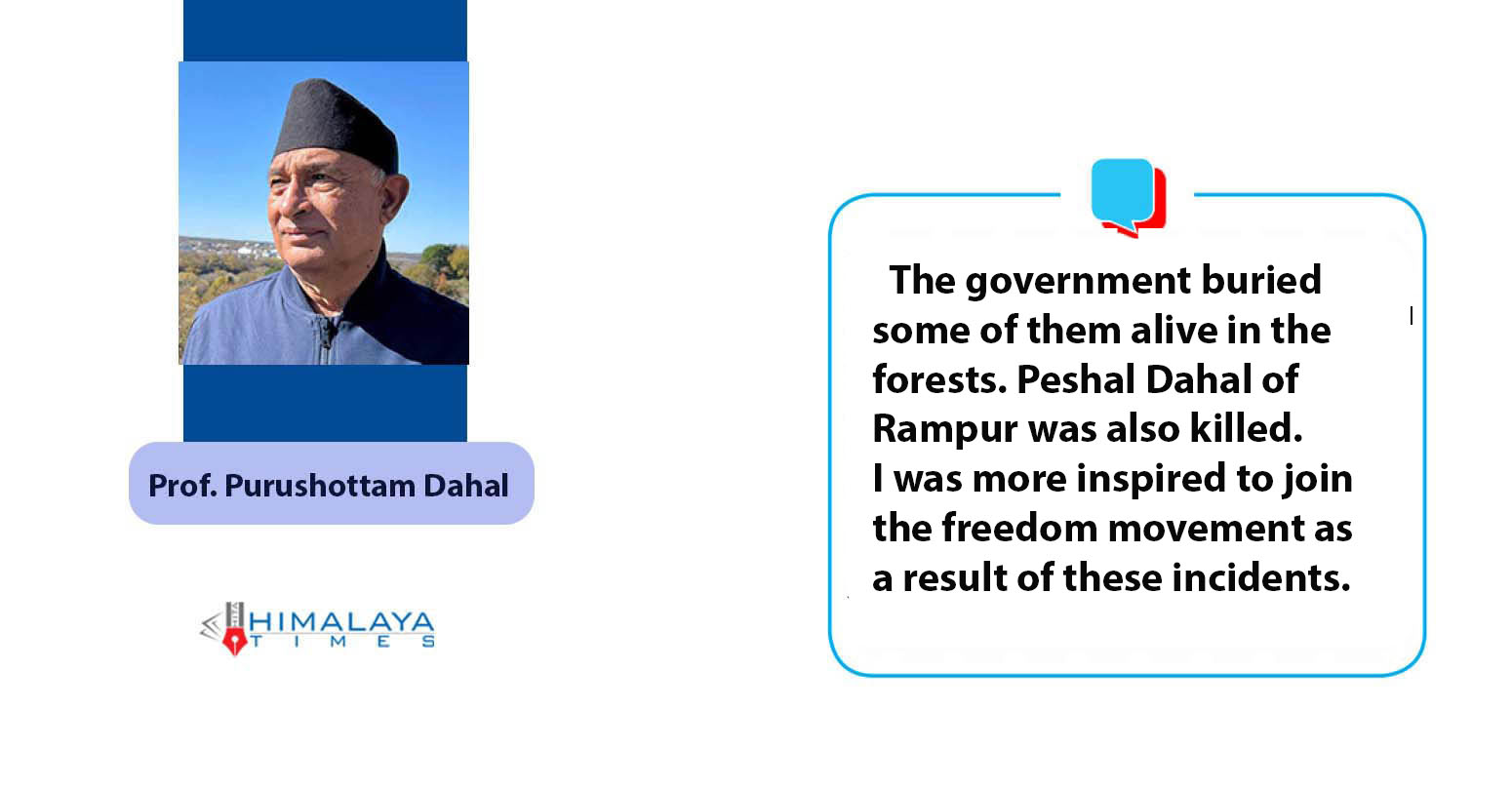
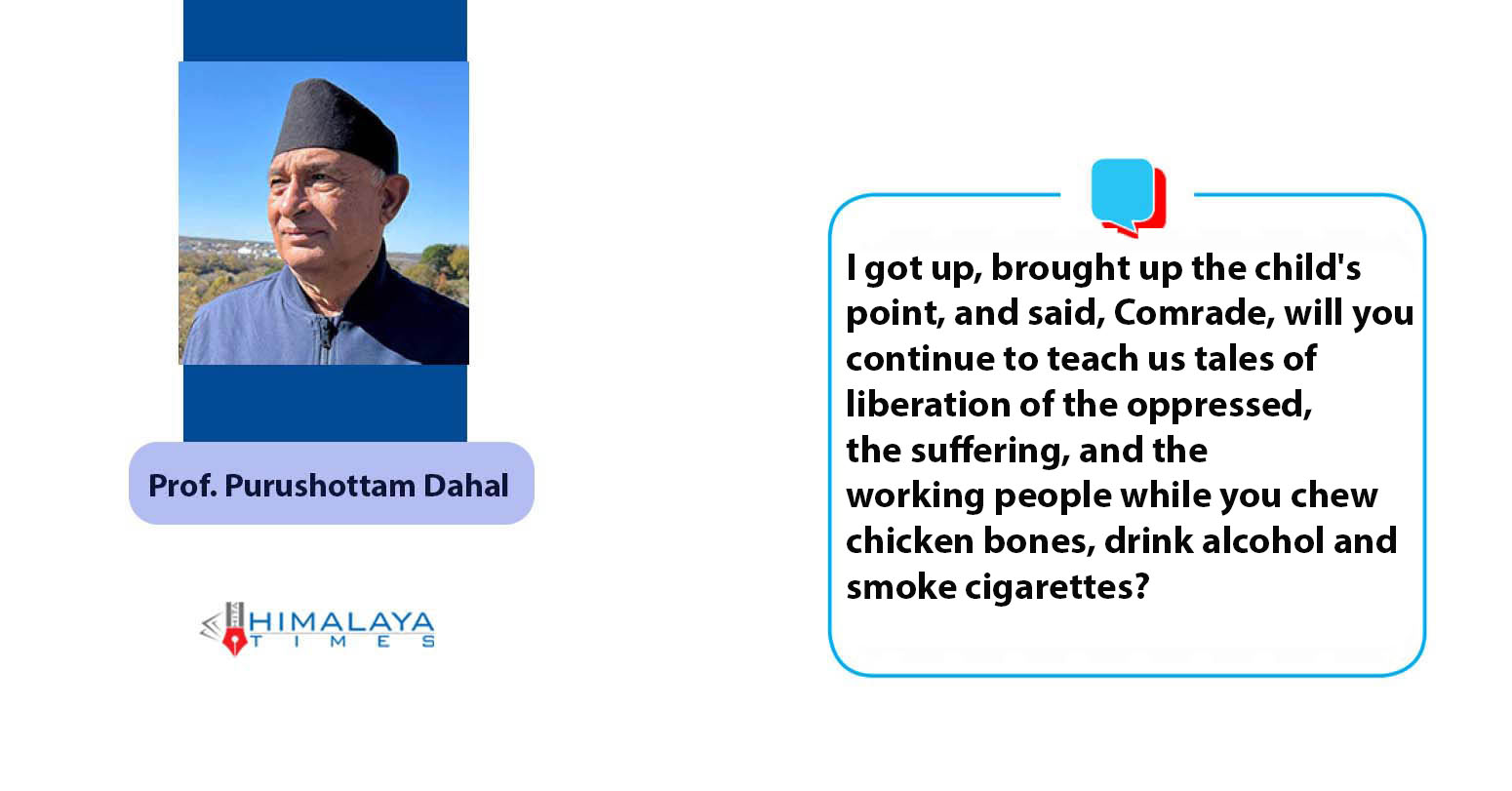
Middle-aged man spends millions to
Breathing The Unbreathable Air
Dr. Dharam Raj Upadhyay: Man
Comprehensive Data Protection Law Critically
Gender Differences In Mental Healthcare
Erosion of Democracy